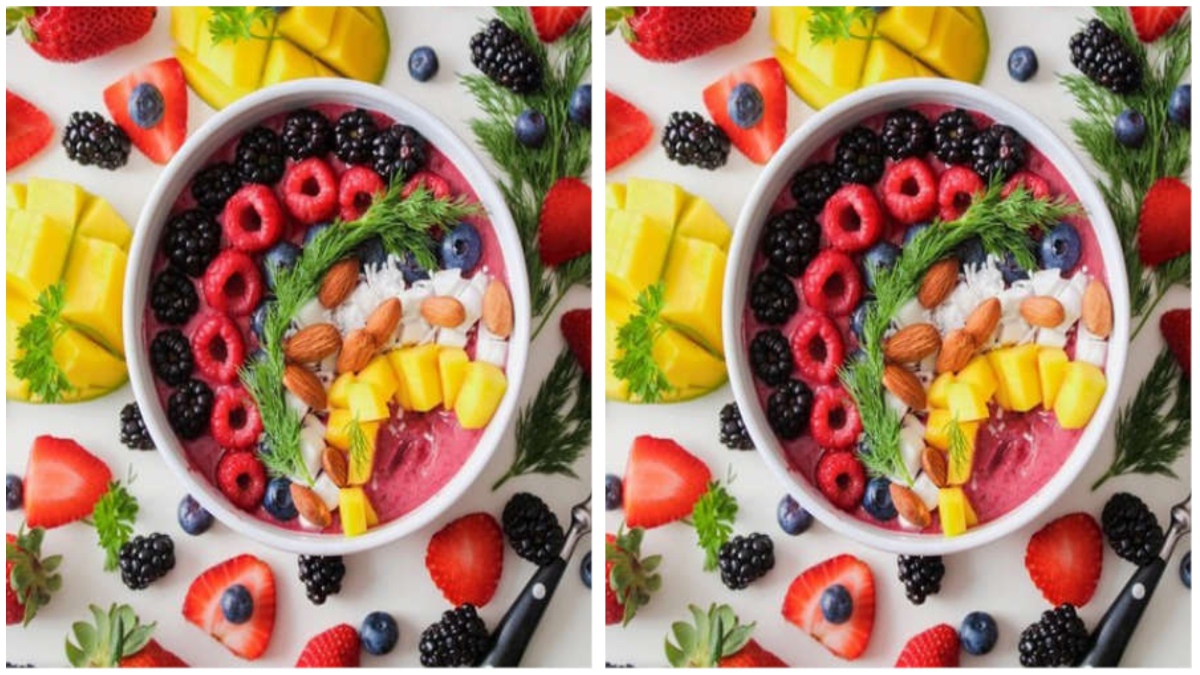
A new study found that people who eat a diet that includes at least half a serving per day of foods high in flavonoids like strawberries, oranges, peppers and apples may have a 20 per cent lower risk of cognitive decline.The findings of the study were published in the online issue of ‘Neurology’, the medical journal of the American Academy of Neurology. The study looked at several types of flavonoids and found that flavones and anthocyanins may have the most protective effect.
Flavonoids are naturally occurring compounds found in plants and are considered powerful antioxidants. It is thought that having too few antioxidants may play a role in cognitive decline as you age. “There is mounting evidence suggesting flavonoids are powerhouses when it comes to preventing your thinking skills from declining as you get older,” said study author Walter Willett, MD, DrPH, of Harvard University in Boston, Mass.“Our results are exciting because they show that making simple changes to your diet could help prevent cognitive decline,” added Willett.The study looked at 49,493 women with an average age of 48 and 27,842 men with an average age of 51 at the start of the study. Over 20 years of follow up, people completed several questionnaires about how often they ate various foods. Their intake of different types of flavonoids was calculated by multiplying the flavonoid content of each food by its frequency.Study participants evaluated their own cognitive abilities twice during the study, using questions like, “Do you have more trouble than usual remembering recent events?” and “Do you have more trouble than usual remembering a short list of items?”
This assessment captured early memory problems when people’s memory has worsened enough for them to notice, but not necessarily enough to be detected on a screening test. The people in the group that represented the highest 20 per cent of flavonoid consumers, on average, had about 600 milligrams (mg) in their diets each day, compared to the people in the lowest 20 per cent of flavonoid consumers, who had about 150 mg in their diets each day. Strawberries, for example, have about 180 mg of flavonoids per 100 gram serving, while apples have about 113.















